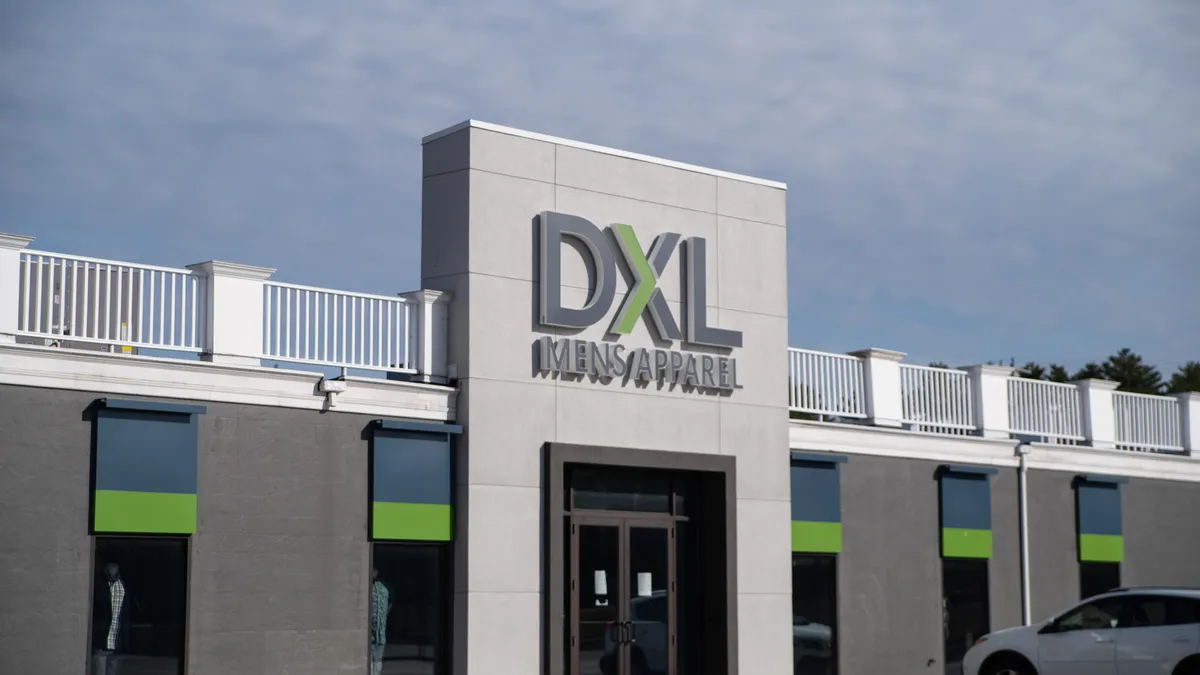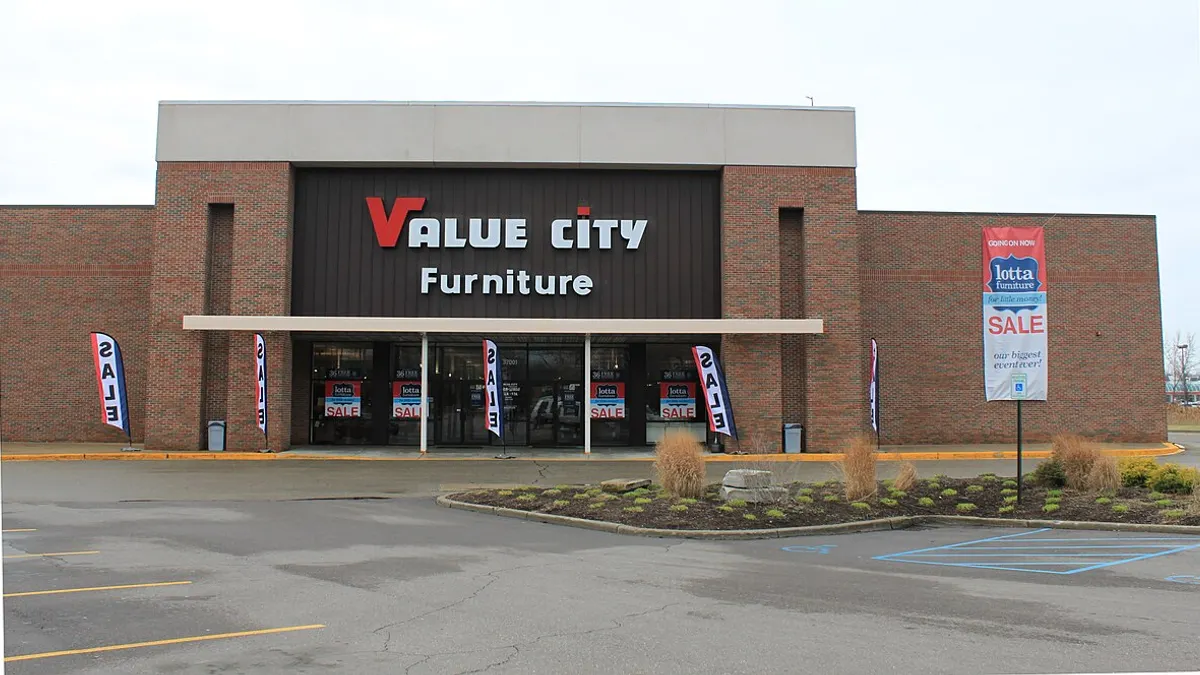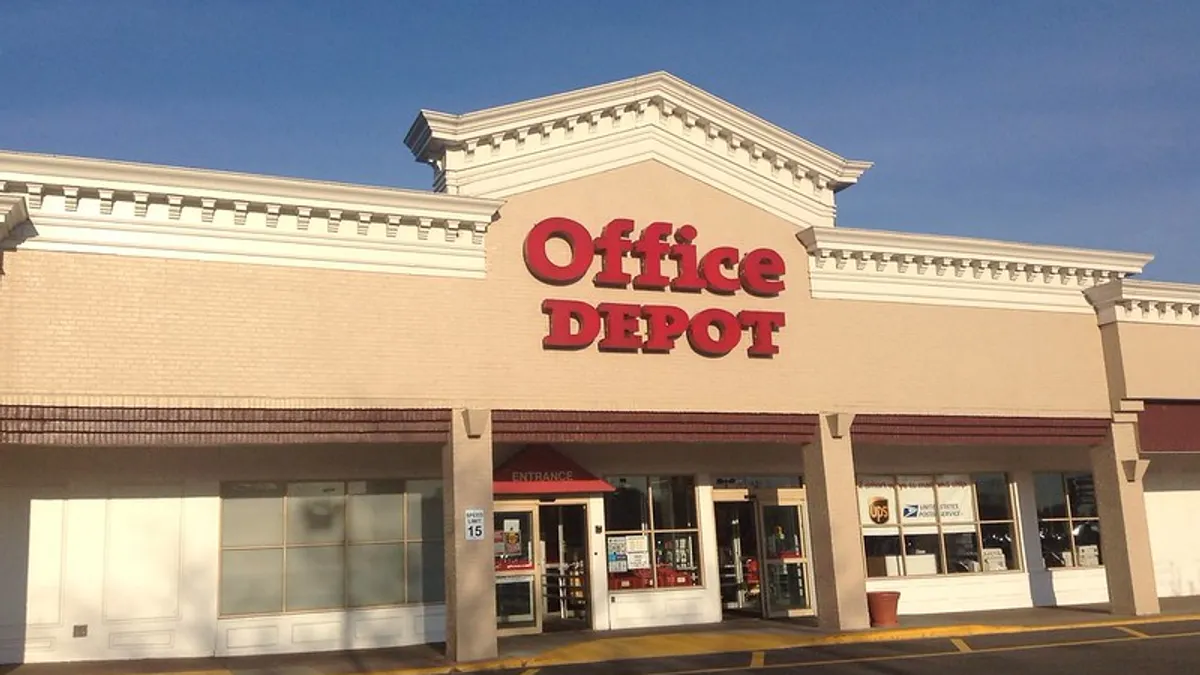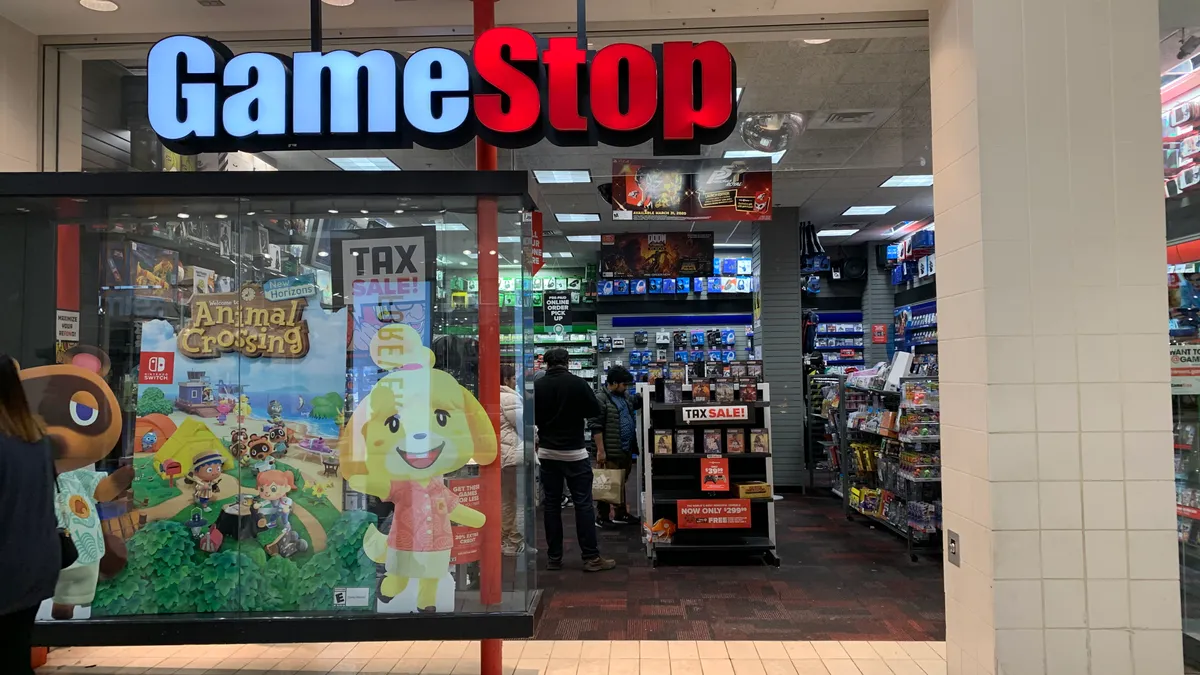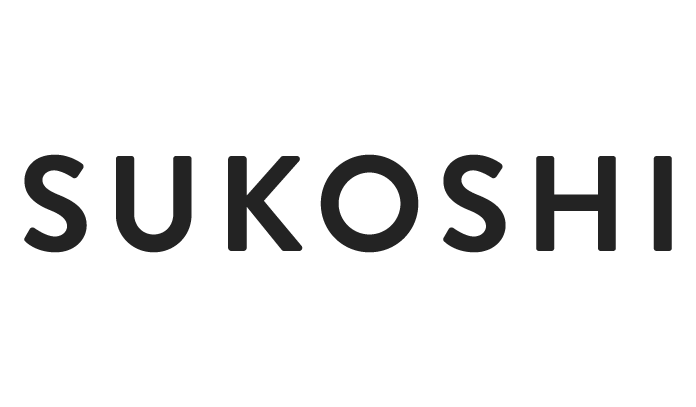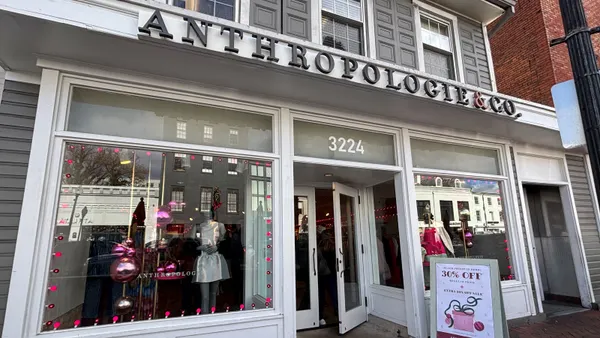To better understand how private equity investment has affected the contemporary retail industry, Retail Dive collected data provided by Debtwire, Pitchbook and other sources, as well as from our own research. Our goal was to build as comprehensive a list as possible of private equity acquisitions, narrowed to those retailers relevant to our audience, going back more than 15 years. We then tried to track outcomes of those mergers by looking at Moody's ratings, Chapter 11 filings and other data. The full series is here.
Retail bankruptcies over the past two years have drawn attention to private equity buyouts in the industry. Retail Dive's analysis found that 15% of retailers bought out by private equity companies have filed for bankruptcy at some point afterward. But Chapter 11 filings are only one outcome — they don't account for other kinds of credit default, or long, slow out-of-court declines or the state of companies acquired in recent years from leveraged buyouts trying to find their way in a new world under a massive debt pile.
To get a deeper look into the financial health of companies that are or have recently been under private equity ownership, Retail Dive also looked at Moody's credit ratings assigned to retailers in our data set. Those ratings consider operational performance, competitive standing and a company's balance sheet. The ratings themselves are meant to indicate the risk of debt default, both in-court and out-of-court (such as through a deal swapping debt for equity).
In the entire universe of acquisitions Retail Dive reviewed, no single retailer among 38 rated by Moody's that is currently or was previously owned by a private equity firm received an A-level rating from Moody's, according to data provided by the ratings agency in late September. All carried either B- or C-level ratings, indicating degrees of moderate or high risk of default and financial loss to investors in the company's debt. Specifically, 29 had B-level ratings (all but one of them in sub-prime territory) and nine had C ratings.
Of those currently owned by private equity firms, 12 retailers were given B-level ratings, all of them in sub-prime range. Another eight rated in C territory, indicating a relatively high risk of default through distressed debt exchanges or bankruptcy.
Moody's considers numerous factors when dealing out ratings. In the case of private equity acquisitions, the debt load landing on a retailer's balance sheet from the buyout can be a major drag on their credit metrics. Interest payments and maturities reduce liquidity and can constrain investments — a big problem if a sector, say, suddenly shifts quickly to digital commerce or faces intense price competition.
"A lot of these deals, you sit back and scratch your head," Moody's Lead Retail Analyst Charlie O'Shea told Retail Dive in an interview. The firm, he noted, doesn't issue many triple-C ratings right off the bat at acquisition, but it does put sub-prime B3 ratings on debt attached to some acquisitions. "That's our way of telling people, you know, there's a lot of risk here."
Private equity-owned retailers with C-level ratings, which indicates financial distress and a relatively high risk of default through exchanges or bankruptcies, include: FullBeauty Brands, PetSmart, 99 Cents Only Stores, Neiman Marcus, J. Crew, TOMS Shoes Inc, Totes Isotoner Corp and David's Bridal.
Private equity-owned retailers at risk
| Retailer | PE Owner | Moody's Rating |
|---|---|---|
| FullBeauty Brands | Apax | Ca |
| 99 Cents Only | Ares | Caa1 |
| PetSmart | BC Partners | Caa1 |
| J. Crew | Leonard Green | Caa2 |
| Neiman Marcus | Ares | Caa2 |
| David's Bridal | Clayton, Dubilier & Rice | Caa3 |
| Toms Shoes | Bain | Caa3 |
| Totes Isotoner | Freeman Spogli | Caa3 |
Source: Moody's, Debtwire, Pitchbook, Retail Dive
Of those companies, Neiman Marcus, J. Crew and 99 Cents Only have a 9.99% to 50% of going bankrupt in the next 12 months, according to data from CreditRiskMonitor, a service dedicated to predicting the risk to companies with publicly traded stock or bonds of going bankrupt. (The risk scores from CreditRiskMonitor, called FRISK, are compiled from several streams of information. The other C-rated retailers are not assigned FRISK scores from CreditRiskMonitor.)
Together, the retailers with C-level ratings tell a story of financial and operational insecurity. David's Bridal, for example, in October missed a payment on $270 million in debt as it worked to negotiate a deal with its lenders. S&P Global analysts downgraded the wedding apparel seller to a rating indicating selective default and wrote that David's Bridal probably wouldn't make the payment inside of a 30-day grace period, setting the stage for restructuring.
The retailer — owned by private equity firms Clayton, Dubilier & Rice and Leonard Green & Partners — also fell behind on its digital investments and suffered from issues in a 2016 website redesign that dropped the search rankings of some products, analysts have said.
99 Cents Only was able to complete a debt exchange that S&P analysts said was able to boost the deep discounter's liquidity "somewhat." Meanwhile, Neiman Marcus, despite improving its comparable sales in recent quarters, is still losing money and also facing a potential legal action from one of its lenders over the transfer of its MyTheresa e-commerce business to an entity tied to the retailer's debt. It, too, is reportedly talking with creditors to restructure its debt and avoid bankruptcy.
The retailers on the list have also seen turnover in their c-suite. Neiman Marcus, 99 Cents Only, PetSmart, David's Bridal, FullBeauty Brands and J. Crew have all lost and/or hired new CEOs in about the past year, not to mention hordes of other executives.
As O'Shea noted, executives can burn out under the stress of running highly leveraged businesses. "You go over there and find the handcuffs are pretty tight," he said about running a highly leveraged company. O'Shea and Nick Egelanian, president of retail development consultants SiteWorks, and others Retail Dive spoke with said that private equity companies frequently hire from a pool of executives that more or less specialize in running sponsor-backed companies.
"There are definitely management teams that are known and more well suited to working for private equity as opposed to management teams good at working for publicly traded retailers, just like there are management teams that are expert in bankruptcy and turnarounds," Egelanian said.
The Series
- Intro
An in-depth look at the risky relationship
- Buyouts
The money 'explosion'
- Bankruptcy
The road to bankruptcy
- Acquisitions
The biggest buyouts
- Investments
The hungriest acquirers










